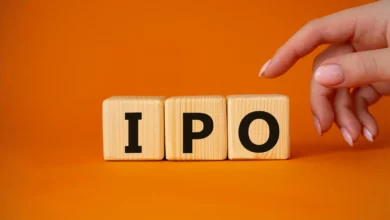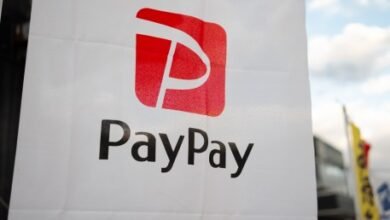LG India’s stellar listing holds the key to success of large IPOs

The Indian unit of the Korean appliances maker debuted on Tuesday at a 50% premium to its issue price on the NSE as investors who did not get allotment during the ₹11,607 crore IPO rushed to lap up shares. The stock closed at ₹1689.9, 48% above its offer price of ₹1,140, and close to its debut price of ₹1,710.1–a rare feat for a large IPO raising more than ₹10,000 crore.
Market depth
“The blockbuster listing underscores the depth and maturity of India’s equity market, showing it can absorb large, high-quality issuances at responsible valuations,” said Atul Mehra, managing director & chief executive officer, Axis Capital, the lead-left book running manager for the LG issue.
According to a Bloomberg report, LG Electronics was earlier eyeing a valuation of around $15 billion but had to cut it down after investor feedback to about $8.7 billion. The appliance maker was valued at about $13 billion on listing at the prevailing exchange rate of ₹88.8 to a dollar.
The better IPO valuations are also reflected in the performance of these stocks. With domestic and foreign institutional investors squeezing out new share issuers on pricing, the IPOs in the first half of fiscal 2025-26 (H1FY26) performed relatively better than those listed in the same period of the previous fiscal year.
IPO performance trend
Nearly half of the 55 IPOs of H1FY26 traded above the listing price as of Friday, against just a third of the 39 that debuted during the same period in the previous fiscal, data from PRIME Database shows.
Of the 55 stocks listed in H1FY26, 51% or 28 traded below their listing price as of Friday, while 49% (27) traded above their listing price. This coincides with the Nifty 6.2% rise to 24,612.1 during the first half.
“Several of our companies that listed are trading at attractive prices,” said V Jayasankar, managing director & member of the board at Kotak Mahindra Capital Company Ltd. “It is important to get fair pricing for issuers and selling shareholders as well as incoming investors, down to getting the pricing right. We believe that the IPO pipeline is of very good quality and we are likely to see balanced and fair pricing.”
However, Jayasankar said, weaker corporate earnings have impacted market performance, impacting the performance of the broader IPO market.
According to Raghav Gupta, joint CEO at IIFL Capital, IPOs are being priced more “rationally” and long-term investors are being rewarded for picking fundamentally sound businesses. “We expect IPO activity to remain strong in the coming quarters, albeit with a sharper focus on quality and profitability.”
According to PRIME Database, 71 issues launched in the current fiscal year through Friday have raised ₹1.03 trillion, compared to 78 issues in FY25, which raised a record ₹1.62 trillion.
The performance of IPOs post listing has been commendable, given the global tariff and geopolitical tensions, said Pranav Haldea, managing director at PRIME Database.
“Half of the issues delivering positive listing gains in the H1 of the current fiscal is not bad, given the myriad external events that have played out–global trade tensions, ongoing geopolitical concerns amid a slowdown in earnings growth,” Haldea said. “With a (US-India) trade deal and some positive news flow likely later this year, sentiment could improve and the ratio could tilt more in favour of gainers.”
Calling India the IPO factory of the world, global research firm Bernstein said that the country took the fourth spot in the IPO market with $14 billion raised so far since January this year, after the US, Hong Kong, and China.
Marquee names such as HDB Financial Services Ltd, NSDL Ltd, Tata Capital Ltd, Ather Energy Ltd, Urban Co., JSW Cement Ltd, among others, have been listed so far on Indian bourses this year.
The pipeline stays strong. 75 companies that have received Securities and Exchange Board of India approval for an IPO and whose approvals are still valid are looking to collectively raise around ₹1,21,321 crore, Mint reported earlier this month.
Meanwhile, LG Electronics India’s ₹11,607.01 crore issue and Tata Capital’s ₹15,511.87 offering have joined the league of India’s largest IPOs. The other big issuances in the past few years include Hyundai Motor India’s ₹27,859 crore in October last year and Life Insurance Corp’s ₹20,557 crore offer in May 2022.







